IMPACT REPORT 2023

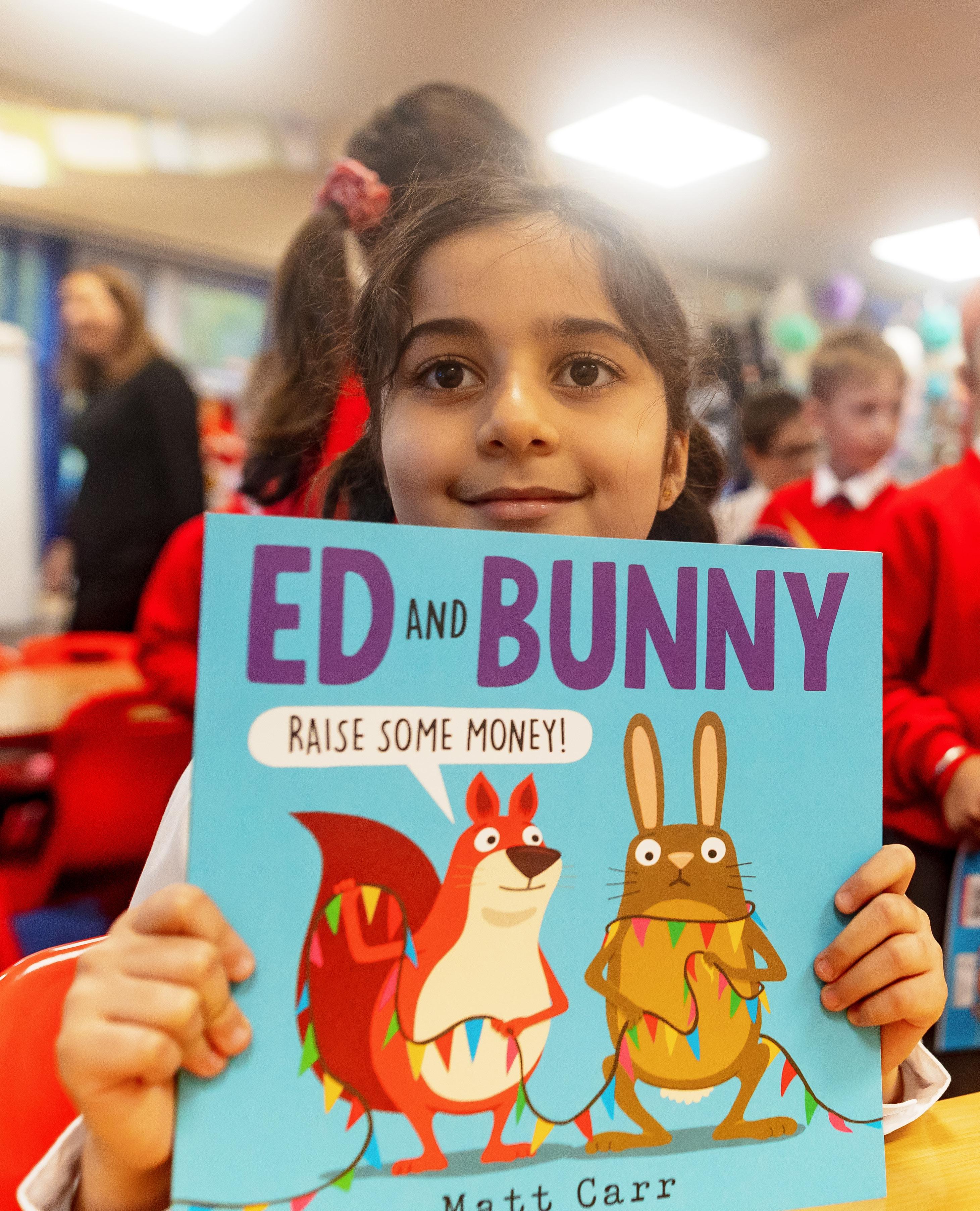
Money Heroes moneyheroes.org.uk
Sharon Davies Chief Executive, Young Enterprise
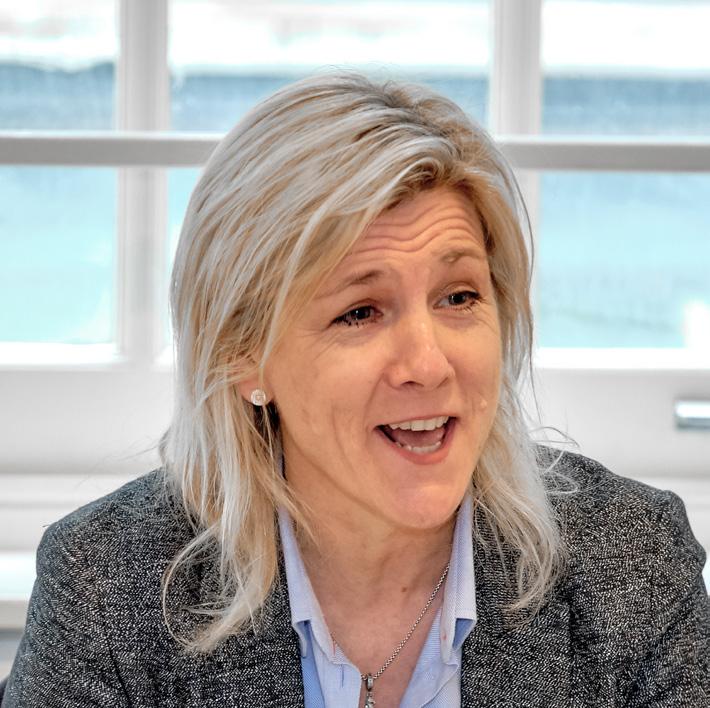
Foreword

During it’s first three years, we are delighted that Money Heroes has reached an impressive 465,136 young people, by working with over 2,500 schools & organisations, and supporting over 3,100 educators and 9,000 parents. It is now Young Enterprise’s largest primary financial education programme, and we are delighted with everything it has achieved so far.
At Young Enterprise, we believe all children should be given the opportunity to develop money management skills for the future, and we know that the younger we start teaching financial education, the better. Through engaging with Money Heroes, children age 3-11 are accessing high-quality, fun and memorable financial education, which is brought to life by the engaging, tangible activities and much loved storybook characters. We break down key barriers for educators and parents, by providing flexible, ready-to-use and trusted resources completely free of charge, with support and training in place to maximise impact.
It is evident that the resources are appreciated and enjoyed, and confidence around financial capability is growing in young people and educators as a result. Money Heroes are incredibly proud to offer an accessible, adaptable programme which now offers a full range of SEND resources alongside new Welsh language versions. I am excited to see Money Heroes continue to grow.
We are extremely grateful to HSBC UK for supporting Money Heroes; without their support, Money Heroes could not have celebrated such incredible achievements, so thank you.
1 Impact Report Summary
“Through engaging with Money Heroes, children age 3-11 are accessing high-quality, fun and memorable financial education, brought to life by engaging, tangible activities and much loved storybook characters.”
Michaela Wright Head of Corporate Sustainability, HSBC UK

Foreword
At HSBC UK, our purpose is to open up a world of opportunity for customers, colleagues, and communities by supporting individuals and businesses to make the most of their money now and in the future. That is why we are committed to supporting our charitable partners to help people of all ages and backgrounds improve their financial health – with particular focus on helping those who need it most.

Evidence tells us that children’s attitudes about money are well developed by the age of seven. So, starting early really matters, and involving parents and teachers can help bring learning to life.
We are delighted to see how the Money Heroes programme and our partnership with Young Money (Young Enterprise’s financial education brand) is leading to change across financial education. This focus on early years’ development gives young children the opportunity to develop the important skills, knowledge, and attitudes they will need later in life.
Throughout the partnership we have been able to support the development of Money Heroes to reach young people across a wide range of learning and accessibility needs, and to offer new climate resources linking sustainable consumption to consumer behaviours. Further building the comprehensive financial education offering.
We would like to thank the teachers, parents and practitioners who are helping build the important financial capabilities young people need in later years. And to everyone at Young Money for the creation of this leading Money Heroes content.
2 Impact Report Summary
“We are delighted to see how the Money Heroes programme and our partnership with Young Money is leading to change across financial education.”
About Money Heroes
Money Heroes is an award-winning FREE programme from Young Enterprise’s financial eduction brand, Young Money, supported by HSBC UK, seeking to transform financial education for primary children aged 3-11 at school and at home through a range of high-quality, fun and engaging resources.
Research shows that, on average, children begin to develop their financial habits by the age of seven; so the younger we can start improving children’s financial literacy the better1
Since 2020, a range of Money Heroes resources have been developed for parents, educators and young people including:
Downloadable activities
Storybooks
Games
Podcast
Support resources
Guidance booklets
In partnership with BBC Children in Need, we have developed a range of resources in accessible formats for SEND children, aiming to make financial education accessible for all.
Find out more at: www.moneyheroes.org.uk
Alongside our wide range of resources, we also offer schools FREE CPD-certified training and bespoke 1:1 mentoring to provide teachers with confidence, knowledge, and skills to develop children’s habits and attitudes around money.
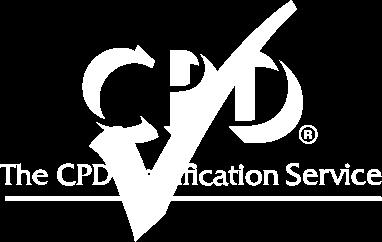
About Young Money
Young Enterprise’s financial education brand, Young Money supports over 5,000 educators every year to develop the financial capability of children and young people. We believe all children should be given the opportunity to develop money management skills for the future.
1. The Money Advice Service (2013) Habit Formation and Learning in Young
Children, Dr. David Whitebread and Dr. Sue Bingham, University of Cambridge.
3 About Money Heroes
Money Heroes resources are also now available in Welsh

Year 6 pupil
“It was really fun and taught us a lot about managing money and I learnt stuff I didn’t know, if I have £10 and want to get 10 things, I have to try and fit them in my budget and not ask my mum for more money”
Money Heroes at a glance
Since its launch in 2020, the Money Heroes programme has provided resources to and supported:
Over 3,400 educators
Over 2,500 schools and organisations

Over 10,700 parents
Over 465,000 young people
Young Money would like to thank all partners and supporters who have helped to make these Money Heroes achievements possible.

5 Money Heroes at a glance 2020-2022
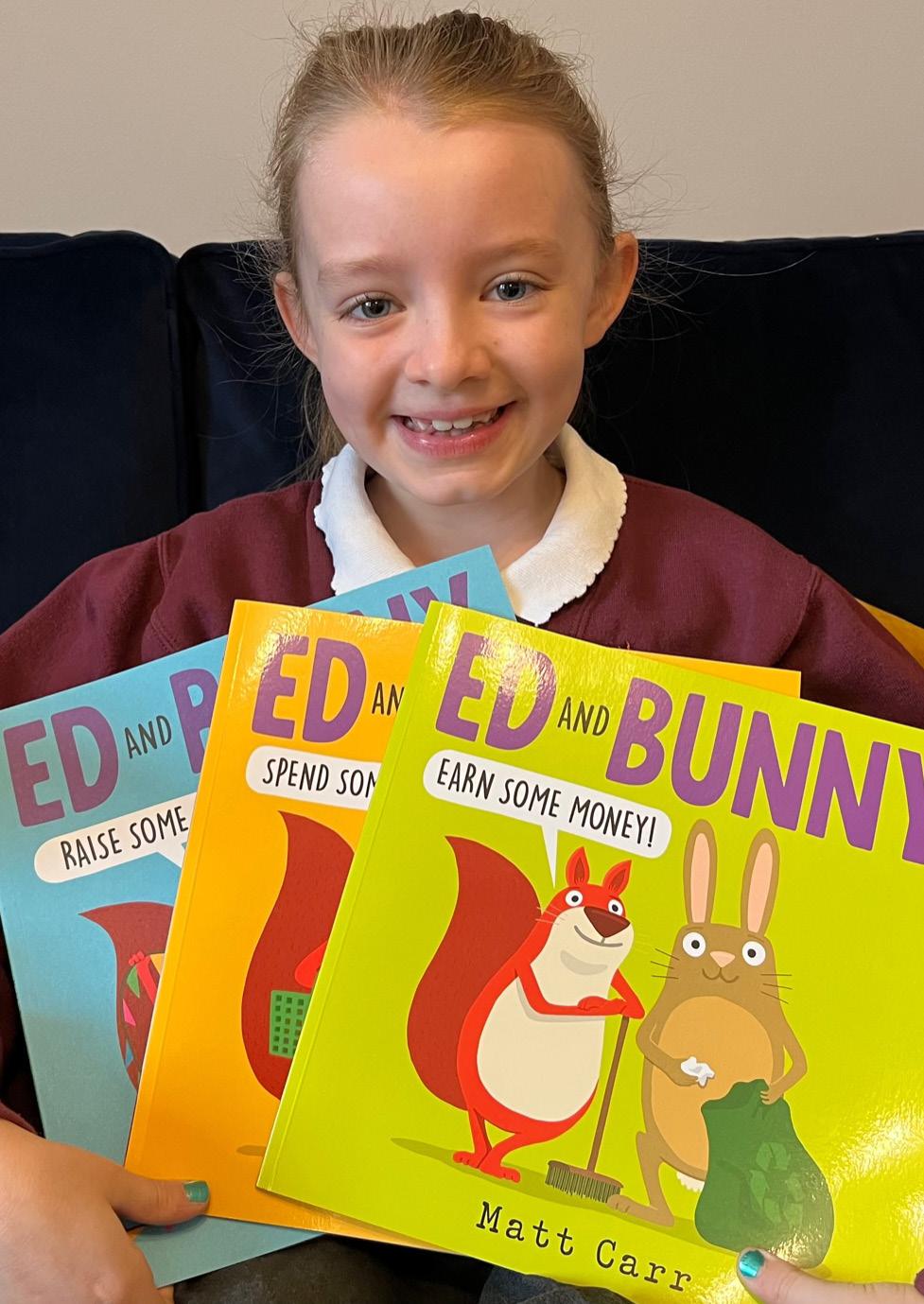
Year 5 pupil
“When we played the game and read the books it was a good way to learn, in a fun way”
Impact on Children and Young People

94%
enjoyed the downloadable Money Heroes activities understand the important role that money plays in our lives
96% 92% 86% 7 Impact on Children and Young People
understand key financial concepts such as budgeting
95% 82% Figures on this page relate to the impact of Money Heroes on young people, according to 186 educators surveyed as part of a recent, independent evaluation of the Money Heroes programme, conducted by KMC Research.
now understand how money works and how it is used understand that it is good to plan for the future and save up for things can now make informed decisions to manage their money well
“Before I used the Money Heroes game I was like money isn’t a big deal, but now I’m like I have in my purse £20 and I want to buy lots of things, but I try and get the cheapest I can”.
Year 6 pupil
“If you want something and you really want another thing, you can get the cheapest thing and then save for the other one”.
Year 2 pupil
“You now understand what your parents are going through. I understand the money and what parents have to go through to get you what you want and food and things”.
Year 5 pupil
“I have learnt how to use money. You don’t buy it if you want it, you buy it if you need it”.
Year 2 pupil
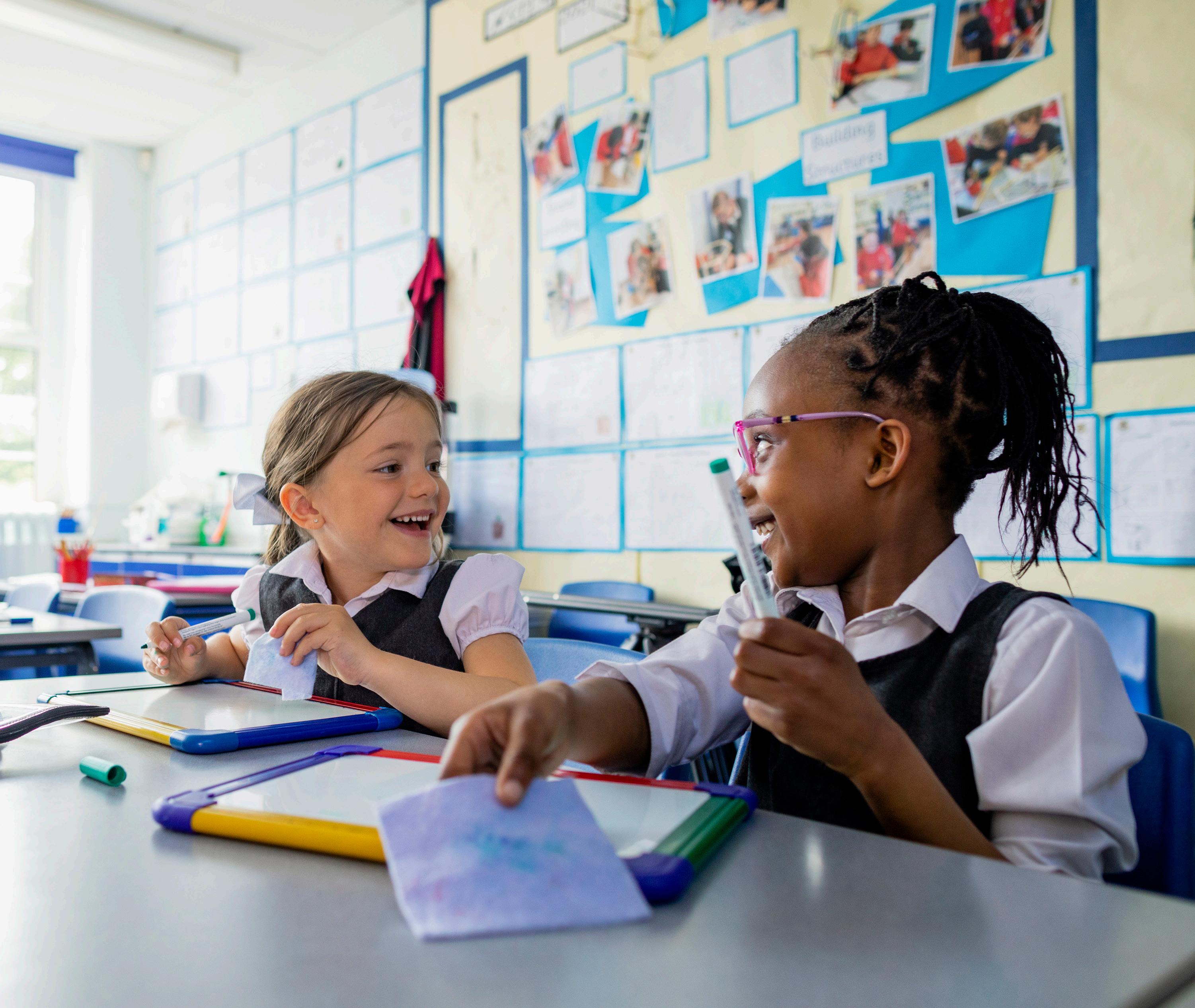
8 Young People Feedback
Impact on Educators and Parents
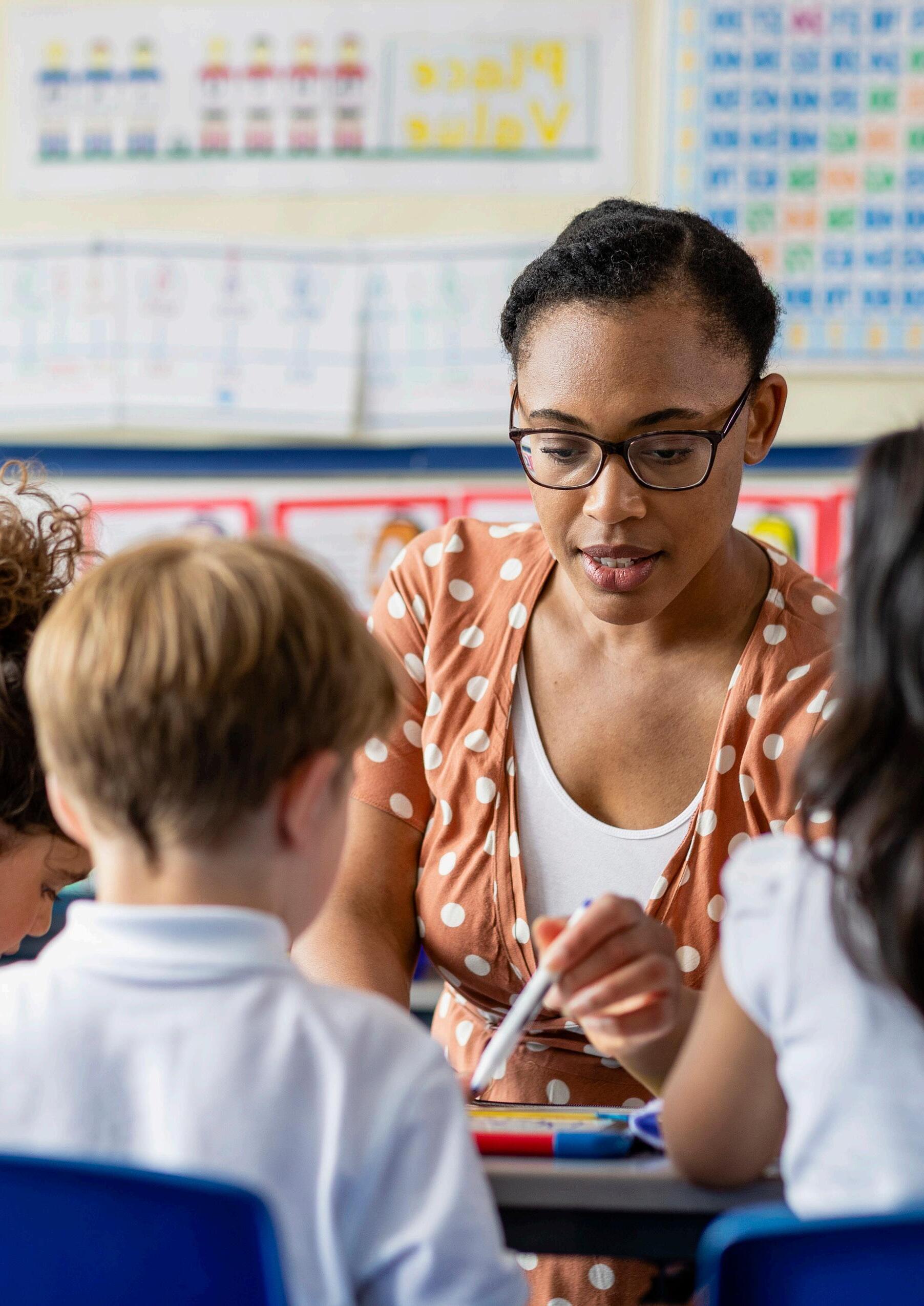
9 Impact on Educators and Parents
“She can understand Mum needs to work hard to get nice things, and it’s the fundamental learning point for me, and I’ve got that from Money Heroes” Parent
80% have used the resources multiple times.
89% report the Money Heroes website to be simple and easy to use.
91% and 85% of parents are likely or very likely to recommend the Money Heroes programme to others.
89% agree that their skills and knowledge in planning, delivering and assessing effective financial education have improved.
of educators... of parents...
96% agree that the children’s resources are useful and relevant.
96% are very satisfied (75%) or quite satisfied (21%) with the Money Heroes resources overall.

93% say the resources encouraged discussions about money.
97% think the resources are of high quality.
90% feel more confident about delivering financial education.
89% and 91% of parents say that using the resources has inspired them to provide more opportunities to learn about money.

The
88% would use a range of the resources again in the future.
764 parents/carers and 186 educators were surveyed as part of a recent, independent evaluation of the Money Heroes programme, conducted by KMC Research.
Parent Guide Empowering children to become the Money Heroes of tomorrow! A financial education programme for primary aged children MoneyHeroes Parent 2021 EDIT.indd 31/01/2023 Money Heroes Parent Guide
Money Heroes Parent Guide is
to help you develop financial education at home,
Young Money Primary
and
designed
understand the
Planning Framework and guide you through the use of our fun
engaging resources.
“Class teachers would use the resources and fit them in with a particular subject as they saw fit... financial education is interwoven within the curriculum”.
Assistant Headteacher, Primary school
“Children enjoy sitting and hearing a story even in years 5 and 6; I think they absorb things better that way sometimes. Although we like to try and keep things sort of as real life as we can, it is nice to actually just have the story and characters“.
Primary class teacher
“I feel that it’s really important for my little boy who is always asking for the latest toy to be able to teach him actually although money makes everything go round, money isn’t easy to get hold of. He’s autistic and so trying to explain something like that to him is really hard so we thought that a story or a game would help him start to understand that a bit more”.
Parent
“They are books he goes to again and again, as he thinks they are funny – they don’t just sit on his shelf”
Parent
“My 2.5 year old now understands that you have to pay for things, nothing is free!”
Parent
“By the end of the week of learning using the online game and activity, 75% of the class were able to create a successful financial plan, that was quite an achievement”.
Educator
“I think the training supported and pointed out how important it is that financial education is kept in all of our curriculums as much as we can. The training helped reinforce the importance of making sure it’s delivered in the right way and that teachers should use the resources if needed”.
Class teacher and financial education lead, Primary school

“It was good that everything you needed was included within the downloadable activities which made them very easy to use… It’s one of those things that you just never get around to, so if it’s there you are much more inclined to do that. If I had to create it myself, you would never get around to it”.
Year 4 teacher
11 Educator & Parent Feedback
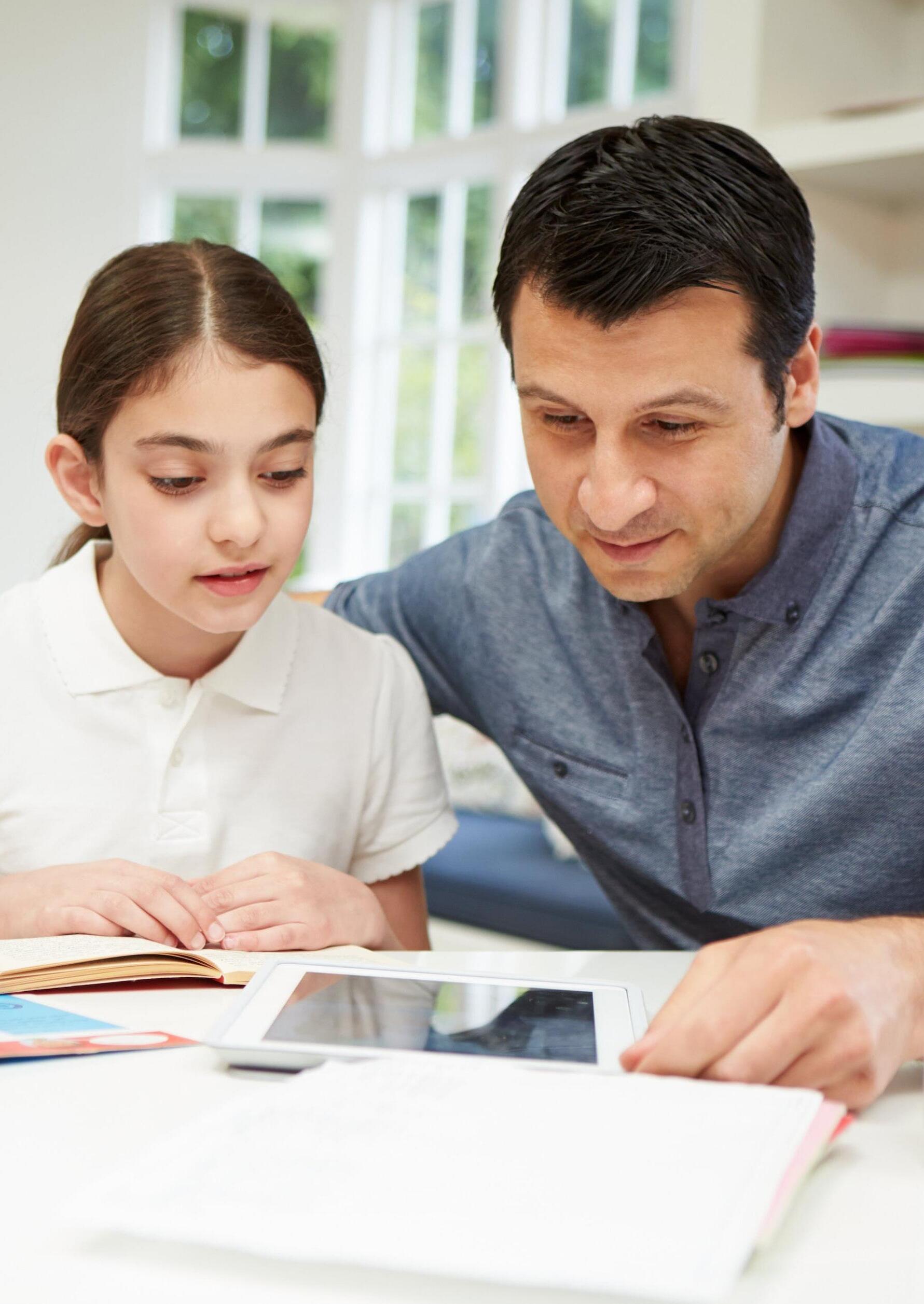
“My son is a lot more aware of how far money can stretch and that it doesn’t go as far as you think and you have to save for things” Parent
School 1 Case Study
Liscard Primary School, Wirral
Liscard Primary School in north west England has been using the Money Heroes resources for the past year, as well as being part of Young Enterprise’s Centres of Excellence Programme. Their success with the programme lies in embedding financial education across their curriculum in many subjects across both key stage 1 and 2.
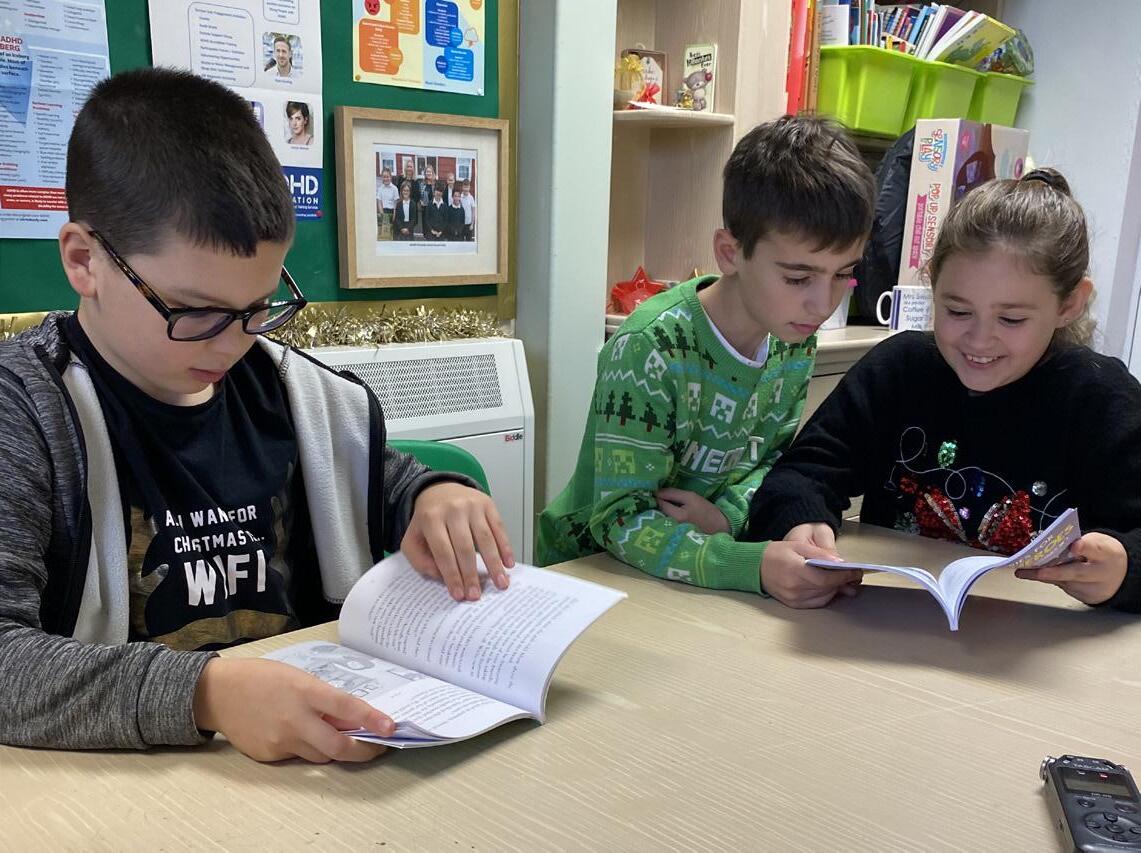
As a large primary school, class teachers were given the flexibility to use the Money Heroes resources how best suited them. Resources were used to support learning in a wide range of subjects including Maths, History, PSHE and Geography.
The financial education lead at the school praised the content of the storybooks; pupils also spoke of the stories being engaging, interesting and good for their age. Additionally, they found the games enjoyable and a good way to learn how to use money.
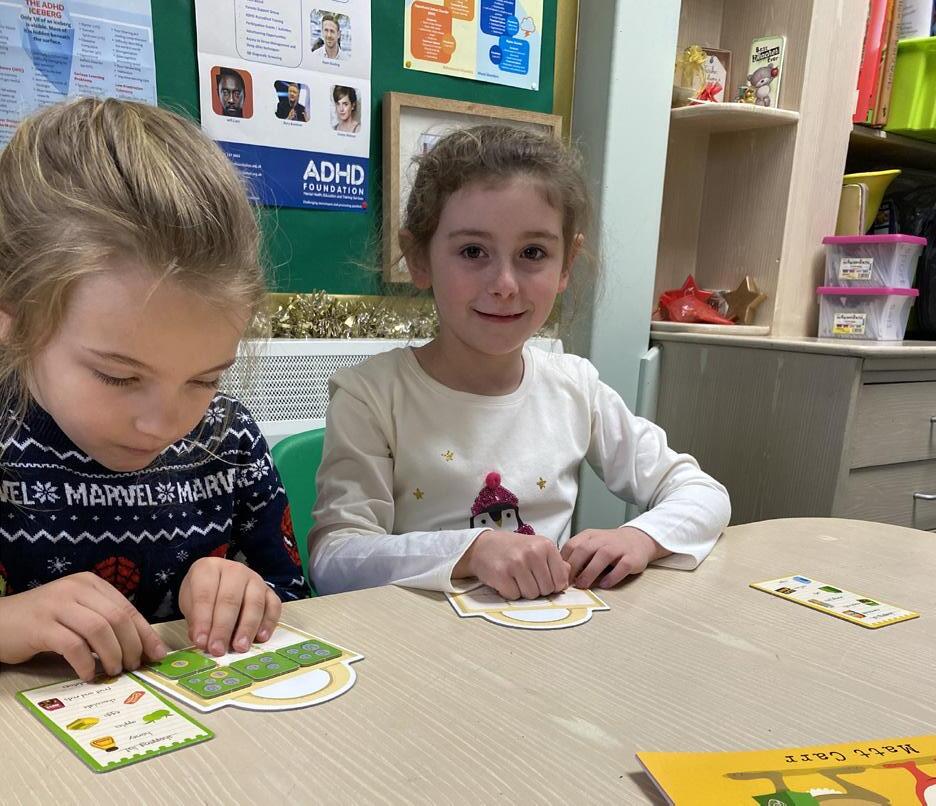
“It’s fun. You have to get a shopping list full to win. You can’t show anyone your money. I love it”. (Year 2 pupil)
The financial education lead was also positive about the benefits of the pupils being introduced to the Super Stories books as it helped support schools’ focus on global citizens and sustainability. Even after a short while, staff at the school are beginning to see the benefits for pupils from using the Money Heroes resources, which helped the children become more confident and secure in talking about money.
“I think children here do become far more secure in talking about money and how they will perhaps deal with money outside . . . preparing them for going to secondary school”
(Financial education lead)
Even the youngest pupils are growing in confidence and are now able to recognise and count money
“I have learnt how to use money. You don’t buy it if you want it, you buy it if you need it”. (Year 2 pupil)
Not only that, teacher confidence has also increased, especially with the Early Career Teachers (ECTs) in the school, who were previously not familiar with financial education.
“It’s a huge boost really because it gives ECTs something to hold on to and actually use and work their way through, to build those bridges and connections” (Financial education lead)
Ed and Bunny Go Shopping game
Play a game with Ed and Bunny as they pay Mrs Mole for items on their shopping list. Use skills such as recognising, understanding and choosing the correct value coins to learn how to handle money in every day life. This game is suitable for ages 4-7.
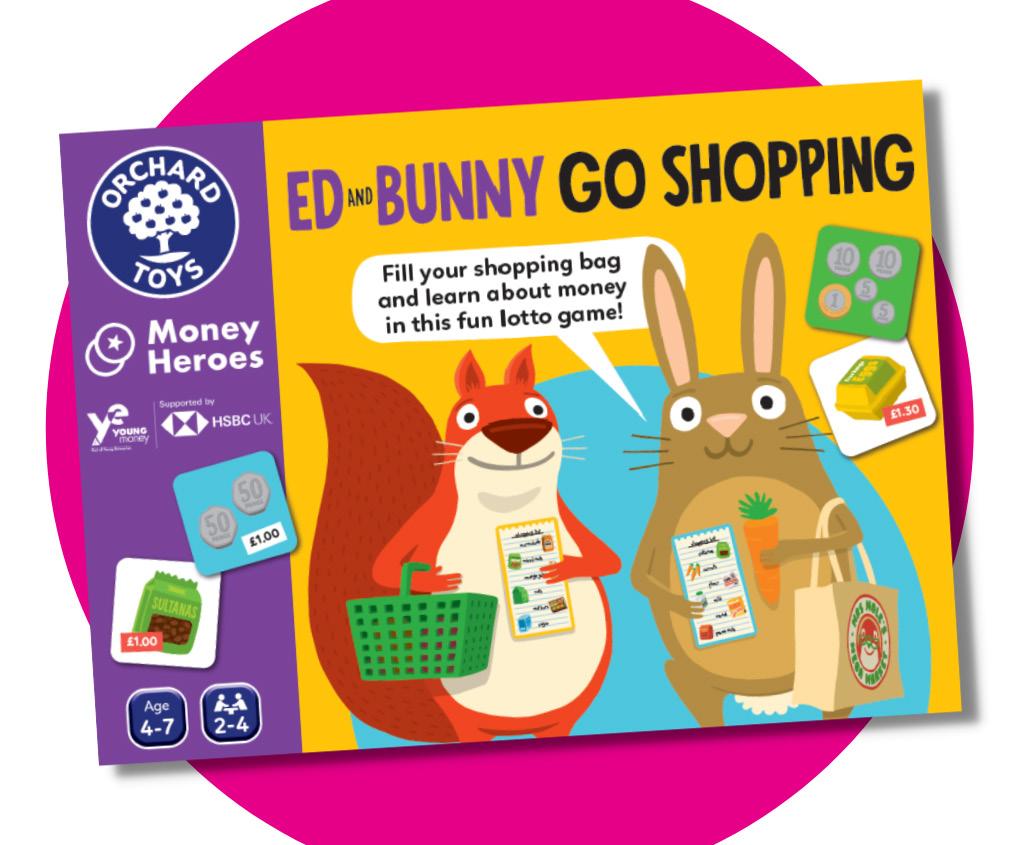
13 Case Study: School 1
School 2 Case Study
Crowland Primary School, London
Teachers at Crowland Primary School in London have been using Money Heroes resources since 2021 across key stages one and two. The books, especially Ed & Bunny, remain a key area of interest for the school, but the classroom activities are now used frequently too.
Having previously taught children in the school about money on occasions, teachers felt there hadn’t previously been enough focus on real-world use of money, and they felt the Money Heroes resources helped them expand their teaching and provide the relatable, real-world focus they were looking for. The classroom activities were mostly delivered as standalone lessons, alongside book readings, although often teachers went on to incorporate the money theme into subsequent lessons, such as spellings and literacy. The teachers felt the classroom activities were very easy to deliver and both teachers and pupils had enjoyed them.
“I like that it’s all colourful and not just words, there’s pictures as well.” (Year 4 pupil)
“The children enjoyed it, they had a lot of fun… It didn’t take me long to sort out and the lesson plan itself was very easy to follow. I didn’t have to work very hard and the outcome was very good.” (Year 1 teacher)
Additionally, the books were made available for children to take home from the school library. The books were also used for story time at the end of the school day, where the teacher would read the story followed by a discussion of the topics with the pupils.
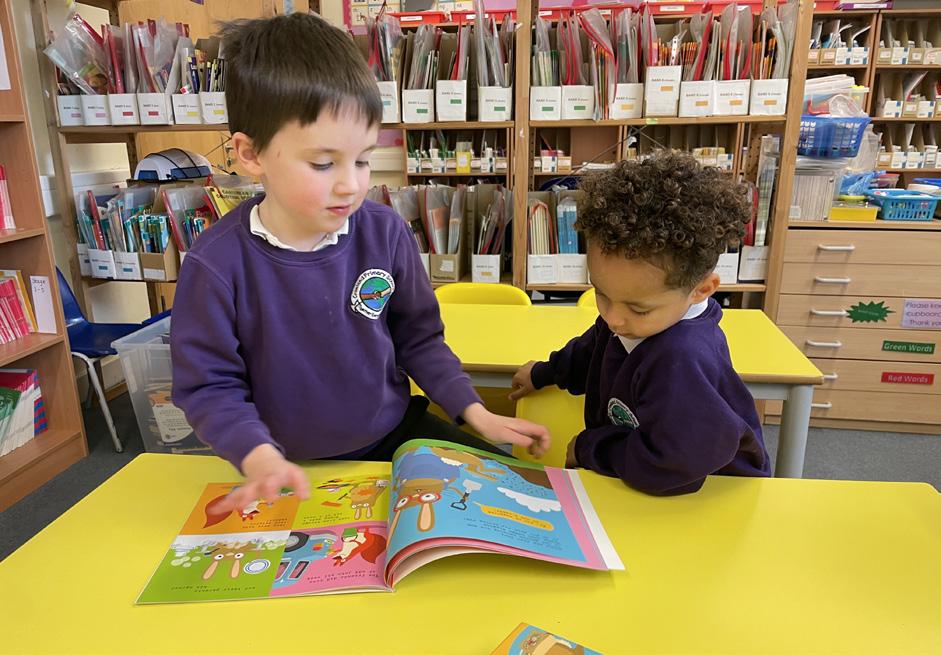

“They love having stuff read to them even at 8 and 9, so they would enjoy that and I think there are lots of discussion points about how you would use money.” (Year 4 teacher)
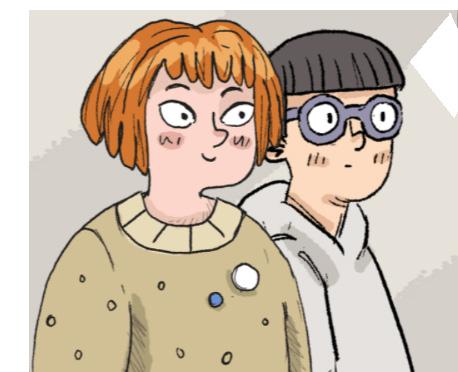
Teachers felt the books opened up new conversations with the children and had improved pupils’ understanding of how money works.
“It was interesting, the talk it opened up between the children, taking the learning beyond the normal curriculum planned lessons.” (Year 1 teacher)
It was also clear that the activities had impacted positively upon pupils’ understanding of budgets, spending and saving. Pupils in both key stages understood that saving money would allow them to buy things that they really want.
“Money is very important. You can’t always spend all of it you have to save a bit, because if you spend it all you won’t have any left to spend on things you like.” (Year 4 pupil)
Following a trial using the activities, a year one teacher has been inspired to increase their use of the resources and deliver a whole school day focussed on money and finances. This would be implemented in addition to the planned curriculum teaching about money to provide a supportive, real-world understanding about money.
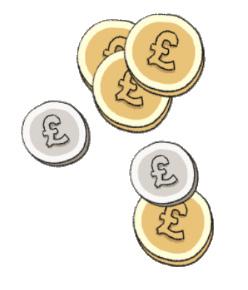
“It helps them to realise that money is a ‘real thing’. . . I think the biggest impact will be that I now want to plan a whole day using some of the other lessons.” (Year 1 teacher)

14 Case Study: School 2
Family 1 Case Study
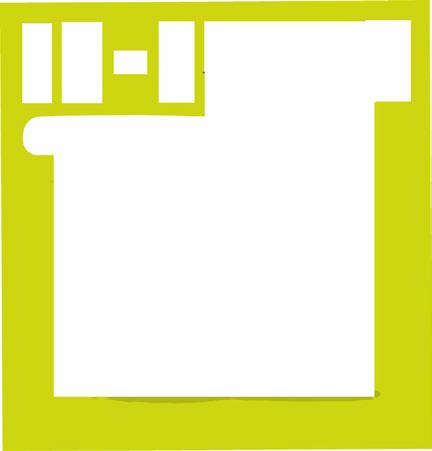
Teaching my children the value of money
One parent with three children aged 8, 4 and 3 engaged with Money Heroes as they felt it was very important that children learn about financial education and budgeting while young.
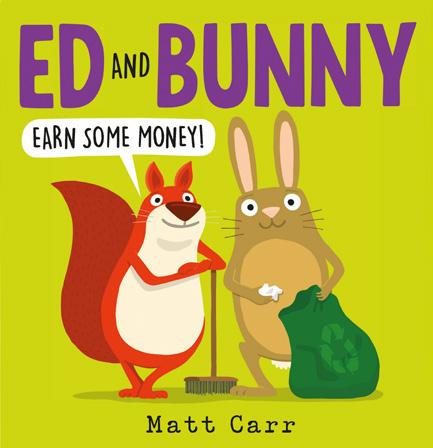
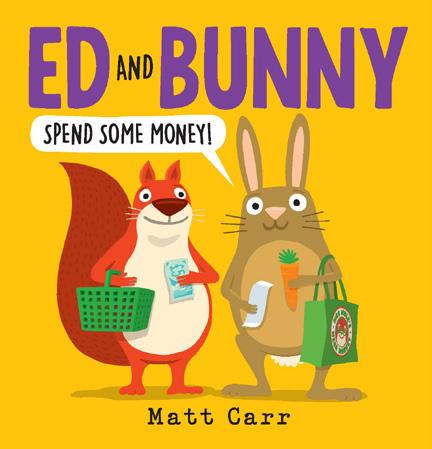
“My daughter is 8.. she’s like I want this.. I want that, and fundamentally it’s important to teach her the value of money”. (Parent)
The 8-year-old child had read both the Super Stories and the Ed & Bunny stories and regularly played the Ed & Bunny game with both her parents. She mentioned liking the game and books because they are fun. As a free reader, the child was really enjoying reading the Super Stories books independently both during the day and at bedtime. She found them interesting and liked the focus on sustainability, and that the characters were spending money responsibly in the book.
“You might want it but you don’t need it.. I think that’s really cool in the book where it says that.. I might use that as well so if I want something I might think in my head that I don’t actually need it”. (Child aged 8)
The parent felt that using the resources had helped with discussions about important topics and thinking more about the difference between wanting something and needing something. She talked about the downloadable resources being helpful for discussions with her daughter about choices, needs and wants.
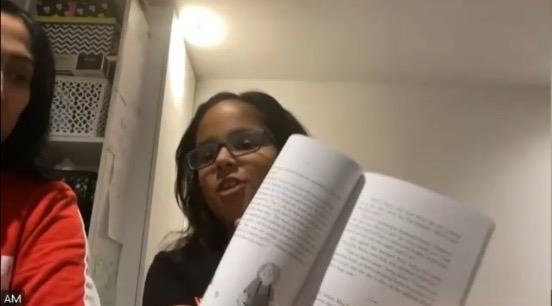
“I just wanted to have a foundation for how I teach my children the value of money”. (Parent)
It seems Money Heroes has provided this, as the child is now more sustainable, aware of what she can change at home, and now knows more about managing money and the importance of saving.
Super Stories for Money Heroes


This book covers themes such as managing risks and emotions associated with money and understanding the important role money plays in our lives.
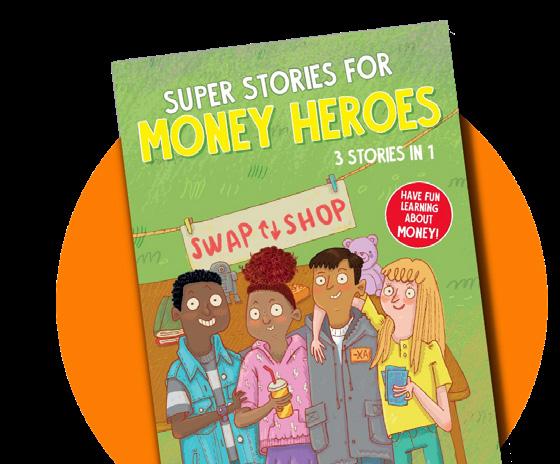
Ed is sort of sensible and Bunny’s kind of FUNnY... Learn all about money with It’s time for the school fair! Ed and Bunny must think of a clever way to raise money to help the school become more eco-friendly. But as usual, things don’t quite go to plan! A happy rhyming book designed to help children learn about money and friendship! ISBN978-0-702-31490-2 Matt Carr All our storybooks are available in a variety of accessible formats. 15 Case Study: Family 1
Family 2 Case Study
Financial education for the whole family
A family with three children aged 2, 7 `and 11 years old were able to adapt the way they used the Ed & Bunny resources so that each of their children could be involved in an age-appropriate way. The parent wanted the 2-year-old to use the Ed & Bunny resources to begin learning about money and recognise coins.
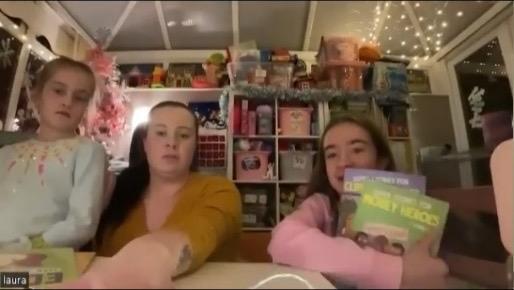
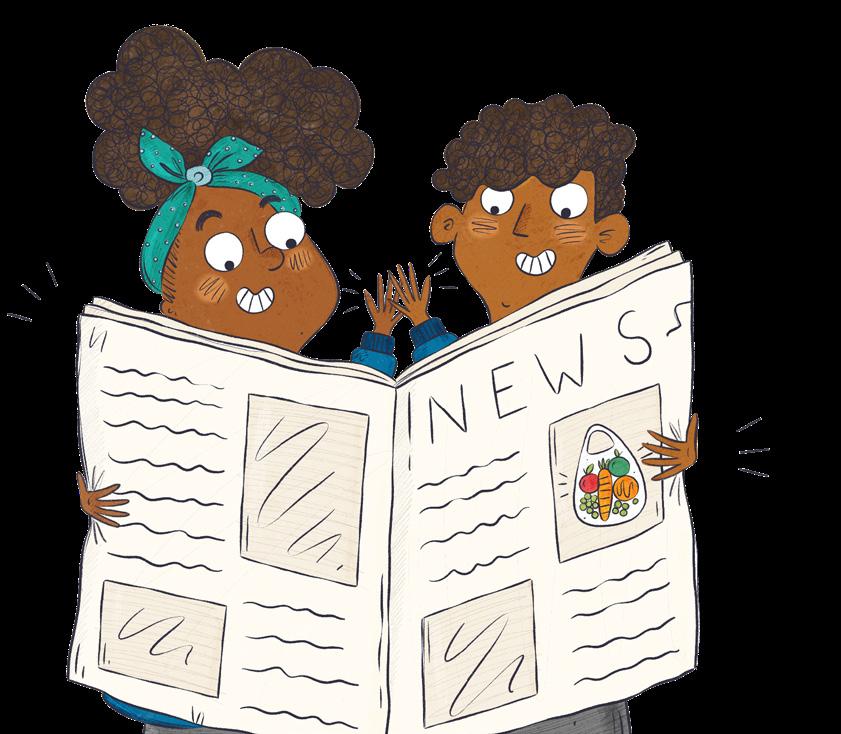
“I think that {school} don’t talk enough about money and make it fun, so that then when you get to our age, it does become a bit scary as I don’t think that you have covered it enough growing up. It doesn’t prepare you properly, things like bills etc. and I think they could start a bit earlier so that they become at bit more aware”. (Parent)
They also thought it was important for the older children especially to understand more about the concept of saving
“{The 11-year-old} is at the age where she wants to venture off to the shops and I think she needs to budget maybe, as she wants everything and anything. She needed to learn that you can’t have everything and it’s good to maybe save some pennies for next time.” (Parent)
The Ed & Bunny resources are left in the playroom so that they are always accessible and used frequently The children have reading time every day at home and often choose to read the Ed & Bunny books.
“When I read them, it helped me understand more about money… When Bunny spent all his money and he didn’t have anything left then he felt sick on the way back, but the other one didn’t because he didn’t spend all his money. It’s a good idea to save your money because then you can get some more things that you like.” (Child aged 7)
The downloadable activities were also used often, and modified to suit all three children – setting up the shop was a success! Both older children and their mum thought that they had learnt more about using and saving money through using the Ed & Bunny resources.
“I learnt about not buying too much when you go to the shops. Just buy one or two things that you need.” (Child aged 11)
Ed & Bunny Raise Some Money
This book covers themes such as using money, keeping track of money and needs and wants. Learn all about money for good causes and sustainability.
Ed is sort of sensible and Bunny’s kind of FUNnY... Learn all about money with It’s time for the school fair! Ed and Bunny must think of a clever way to raise money to help the school become more eco-friendly. But as usual, things don’t quite go to plan! A happy rhyming book designed to help children learn about money and friendship! 9 780702 314902 ISBN 978-0-702-31490-2 Matt Carr
16 Case Study: Family 2
New Developments

Exciting developments coming up for Money Heroes will increase both the accessibility and reach of the programme. We are proud to be working towards making financial education accessible for all young people, no matter their background or circumstance.
Our SEND resources, developed in partnership with BBC Children in Need, have been made accessible to all educators and teachers on our website free of charge. Our SEND resources include abilityfocussed activities, accessible storybook adaptations (braille, BSL sign language, audiobooks, large print and early reader) and an SEND educator guide. SEND-specific teacher training and mentoring is now also on offer, as we roll these accessible resources out wider.
Additionally, we have recently launched Welsh language versions of all our mainstream Money Heroes resources, including e-books and downloadable activities. This will help to widen the reach of the programme across the UK.
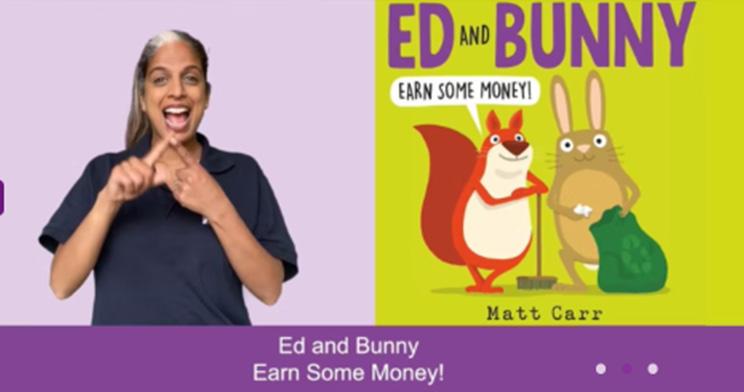
We also plan to continue to grow our teacher training and mentoring offer by running a pilot CPD session for trainee teachers at university.
New SEND resources
We have partnered with BBC Children in Need, RAD and RNIB to adapt our resources for a range of special educational needs.

17 New Developments
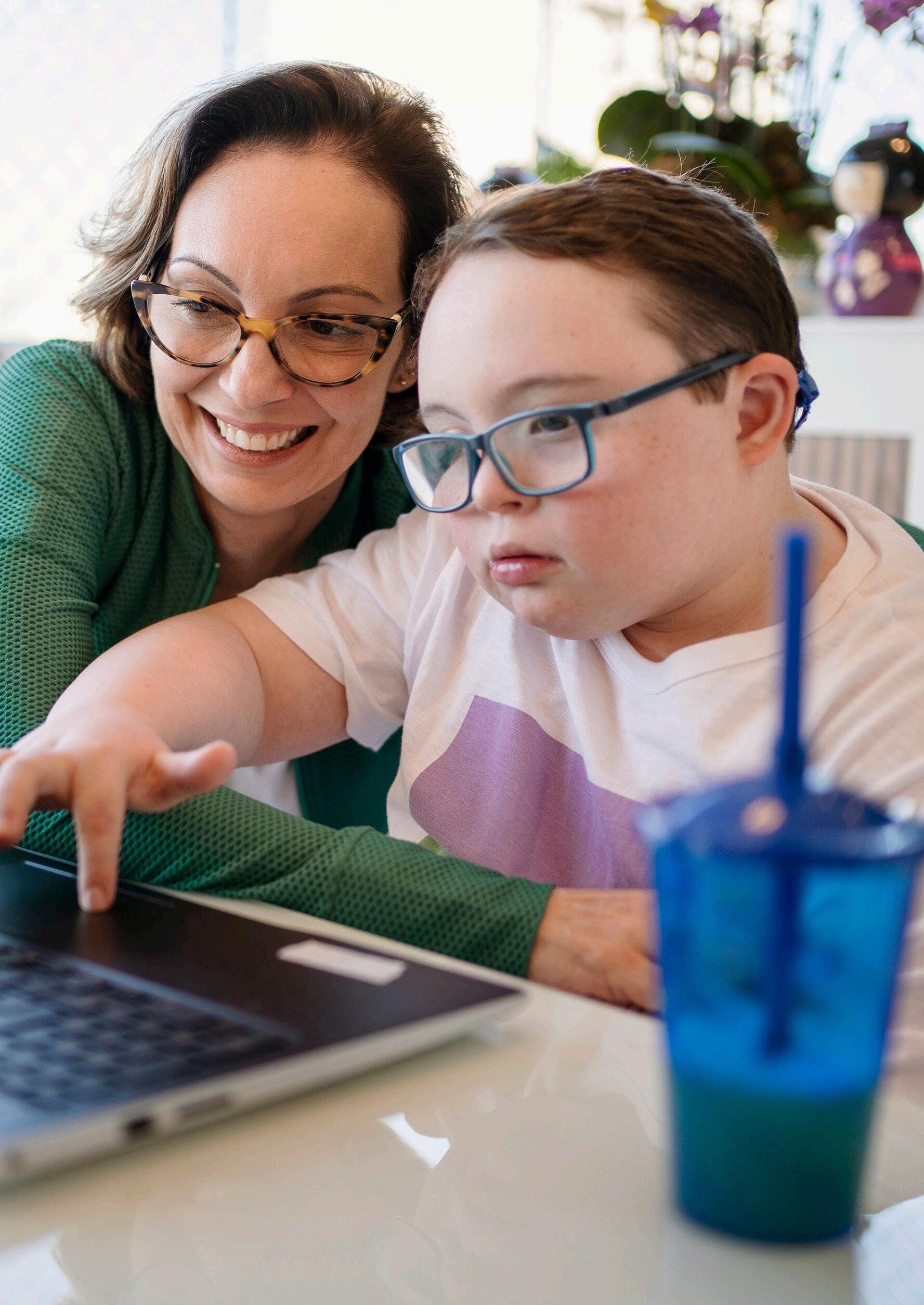
“We wanted to teach children to be responsible with money and it’s a life skill they should develop while they are in school... they need to learn budgeting and strategies around the best use of money”
Headteacher, all through school
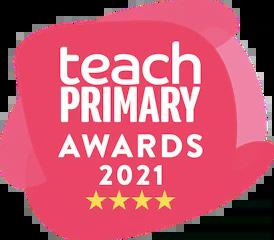


Ed and Bunny Earn Some Money, Ed and Bunny Spend Some Money, Ed and Bunny Raise Some Money and Super Stories for Money Heroes is published by Scholastic (2021) – text and illustration © Matt Carr. Email us at: moneyheroes@y-m.org.uk Follow us: https://twitter.com/YoungMoneyEdu and http://twitter.com/youngenterprise Use the hashtag #MoneyHeroes Like us: https://www.linkedin.com/school/young-enterprise-uk Watch us: https://www.youtube.com/c/youngenterpriseuk Money Heroes is a free financial education programme for teachers, parents and anyone working with primary aged children. Sign up for free now at www.moneyheroes.org.uk to find out more and immediately access our extensive range of resources and support designed to help you improve children’s financial capability. Get Involved Helping you teach children about money. Young Money is part of Young Enterprise, Registered Charity No: 313697 If you would like to know more about Money Heroes scan the QR code with your smartphone.


















































